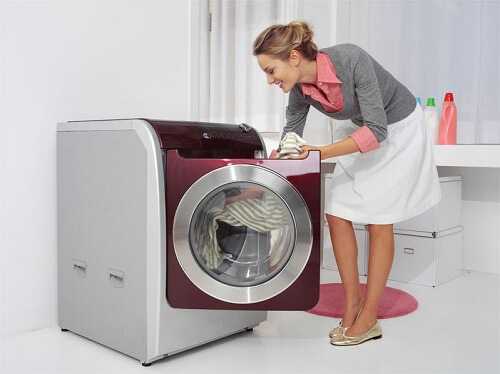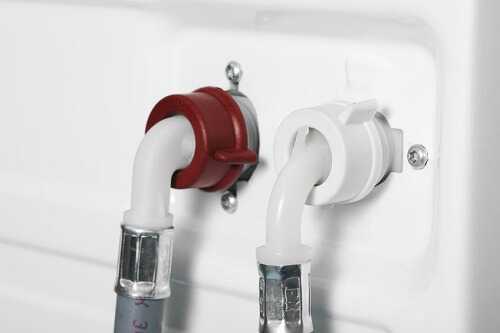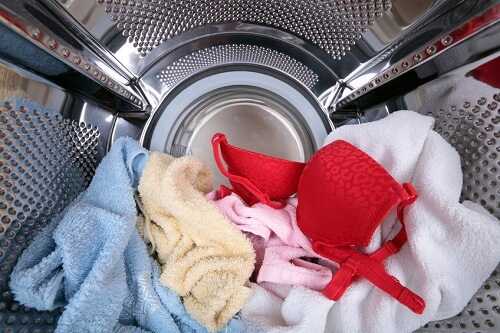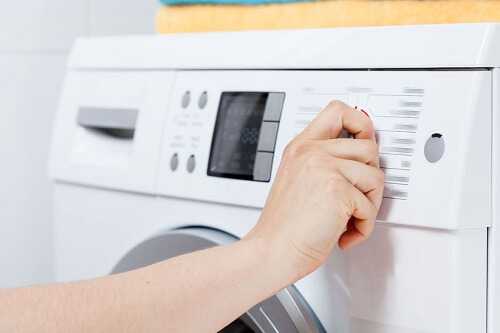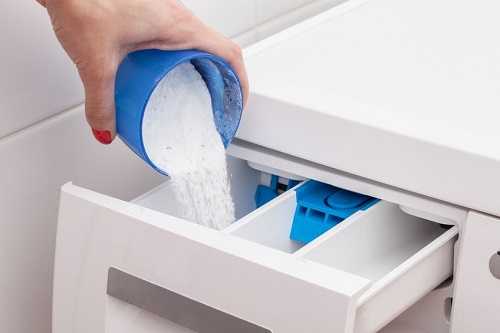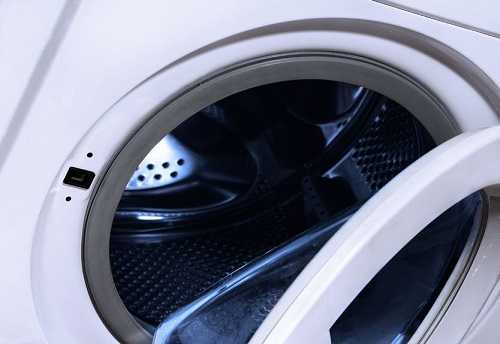Whether you know it or not, your washer has enemies; enemies that are bent on its destruction. If you are not careful, your enemies can cause serious damage to your washer, which will result in costly repairs. Here are a few threats to your washer and how to prevent them from causing damage.
1. Frequent small loads
Small loads may not consume as much water, but they still consume the same amount of energy as larger loads. This means that if you frequently wash smaller loads, it requires you to wash loads more frequently than you would if you used larger loads. If you use larger loads, it will cause less wear and tear on your washer.
2. Old and worn hoses
Hoses tend to get damaged very easily. Typically, a hose will last for 2 years before it needs to be replaced. If you don’t replace the hose regularly, it can result in leaks in your washer. Try to check your hoses at least twice a year to make sure that your washing machine works properly.
3. Zippers
Not only can zippers cause damage to delicate clothing, they can also hurt your washer. They can become caught in your washing machine’s drum. Also, if the zipper scratches the glass panel on the doors of the washer, the panel can explode. It’s best to make sure that the zippers are zipped all the way up in order to avoid this.
4. Brassieres
These items contain hooks and underwires. Similar to zippers, these items can cause damage to your washer’s drum. In order to avoid this, you can put your lingerie in a special mesh bag. This will allow you to wash these items while protecting your washer.
5. Coins
Coins can cause a lot of damage to your washing machine as well. Typically, these are left in the pockets of pants and jeans. Since they are heavier than zippers and underwires, they can slam against the drum of your washer and cause more damage. Preventing this is easy. Just make sure that you thoroughly check the pockets of your pants before putting them in the washer.
Read also – 7 Tips for Making More Use of Your Precious Time
6. Cold water
Using cold water when you wash your clothes does save energy and prevent fading, but it can cause damage if the washer is not maintained correctly. This can be prevented by running a regular maintenance cycle. Put the machine on its hottest setting, then pour in a cup of vinegar. Then run the washer. This will remove any mineral deposits. This should be done once a month.
7. Wet clothing
If you leave wet laundry in your washing machine for too long after it has been washed, it can cause nasty odors and invite mold to spread. This can be prevented by removing the loads immediately after they are washed. If you are not able to dry the load as soon as it is removed, just place it in a laundry basket until it is time to put the load in the dryer.
8. Too much detergent
Putting too much detergent in your washer can damage your clothes and your washer. It can harm your washing machine’s control panel. Read your machine’s user manual to find out how much detergent is best for your washing machine. Also, refrain from using dishwashing detergent. It is not designed for a clothes washer and can cause even more damage.
9. Too much electricity
Washing machines can be severely damaged by a drastic upsurge in electricity. Lightning strikes and power surges can cause damage to circuits and they can melt the components of your washing machine. This can be prevented by making sure your electrical system is grounded and installing surge protectors. Also, unplugging your washer when it’s not being used will protect it.
10. Too much laundry
Your washer is designed for loads of specific sizes. If you put too many clothes in the washer, it will wear out the bearings and suspension. Check the user manual to find out the maximum load your washer is designed to take. This will prevent excessive wear and tear on your washer.
Read also – 10 Quick Ways to Remove Makeup Stains
Your washing machine has many enemies. Fortunately, preventing these enemies from doing serious harm is not difficult. If you maintain your washing machine effectively, your machine will last much longer and you won’t need to buy a new washer each year. Following these simple tips will help you use your washer properly. If you have any other tips you’d like to share with us, please, feel free to share your experiences.

